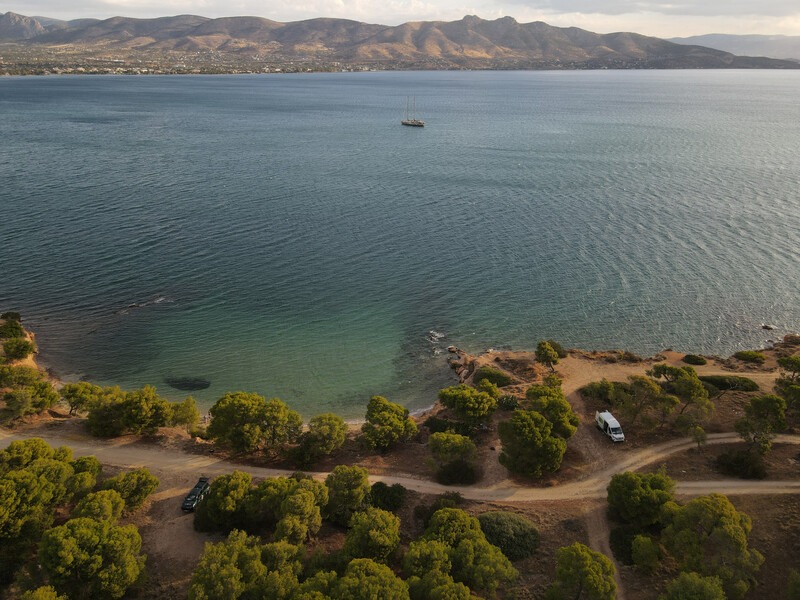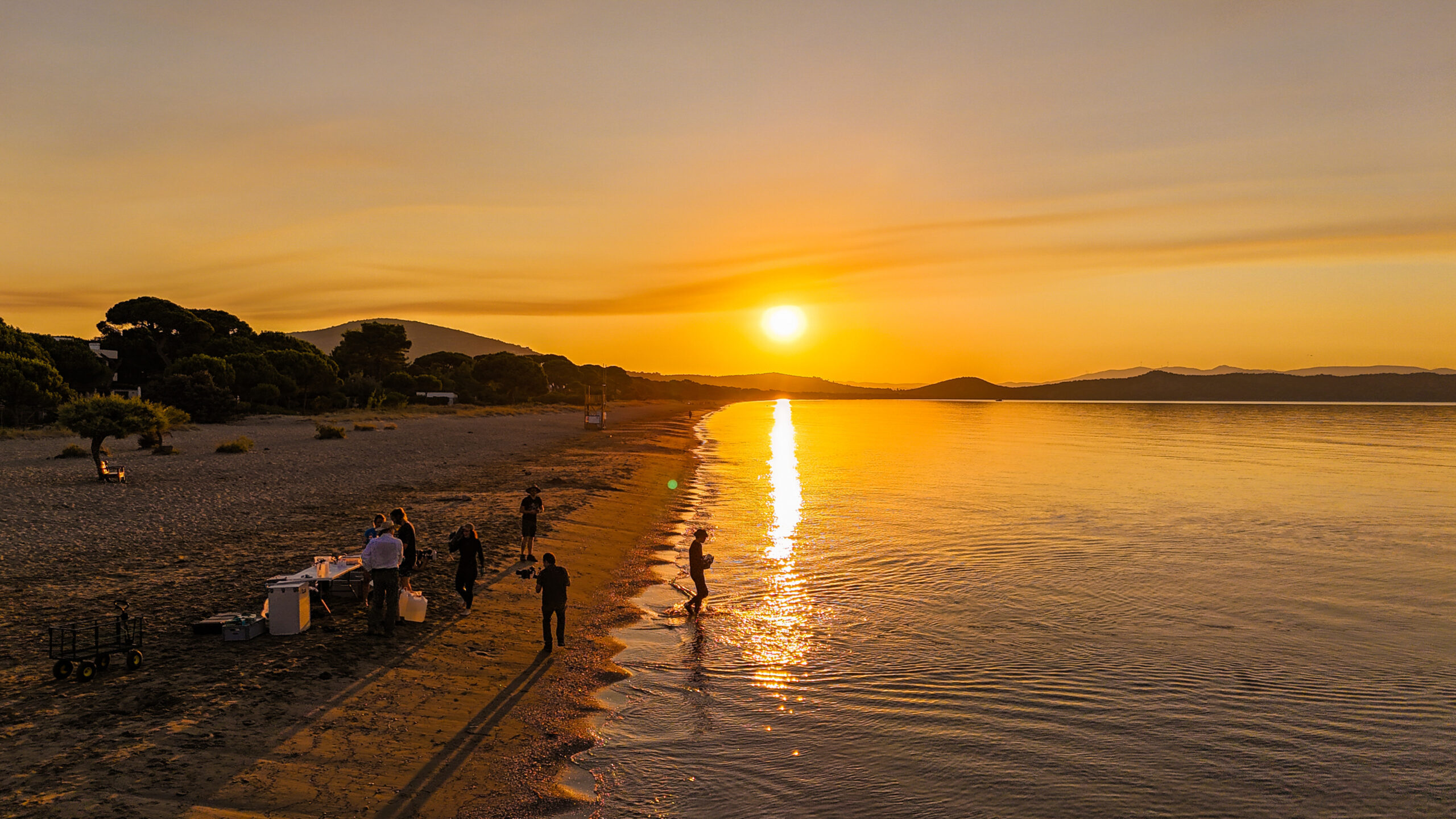Get in touch
We would love to hear your suggestions.
Traversing European Coastlines
An expedition to study coastal ecosystems and their response to the environment, from molecules to communities
In recent years, scientists have made substantial progress in uncovering some of the key components of microbial communities and the vital roles they play in their environments. Yet many questions remain about the microbiomes of coastal ecosystems and how habitats are responding to threats such as environmental degradation and the climate crisis. The opportunity to explore some of these unknowns is one of the reasons studies using TREC-collected samples are so exciting, building on the incredible scientific work that is happening in EMBL’s member states and beyond.
By studying and collecting samples from diverse habitats along the entire European coastline, including pristine wild areas and those that have been affected by human developments, the TREC expedition has opened a window into a largely invisible microbial universe. Combining ocean and land-based exploration, TREC has enabled a holistic approach to investigating the multitudes of viruses, bacteria, archaea, fungi, microalgae, planktonic organisms, and macro taxa that form the foundation of coastal environments – alongside the environmental conditions that shape their ecosystems.

Since TREC started in March 2023, more than a hundred research projects have been launched in institutes across Europe and beyond. Scientists are sequencing microbial genomes, mapping molecular structures, exploring morphology, tracking populations, and predicting movements and functions. They are doing this hand-in-hand with analyses of the chemistry (including metabolomics, and pollutants) and physical parameters in the wider environment, all of which influences the health of coastal ecosystems.
Through this blog, we aim to share behind-the-scenes insights into this ongoing work, with stories told through the experiences of the people involved in it. Using a range of formats, including interviews with specialists, narrative pieces, news, photo stories, and personal reflections, we will highlight the discoveries, challenges, and insights shaping the TREC project.
Through this blog, we aim to share behind-the-scenes insights into this ongoing work, with stories told through the experiences of the people involved in it.
We also want this blog to be a space for shared perspectives and we welcome your ideas for content, now or in the future. Do you know someone who would make an interesting interviewee? Are there upcoming papers, events, or outreach activities that you want to highlight? Have you captured striking images related to TREC’s work? Or do you have a personal memory to share? We would love to hear your suggestions.
